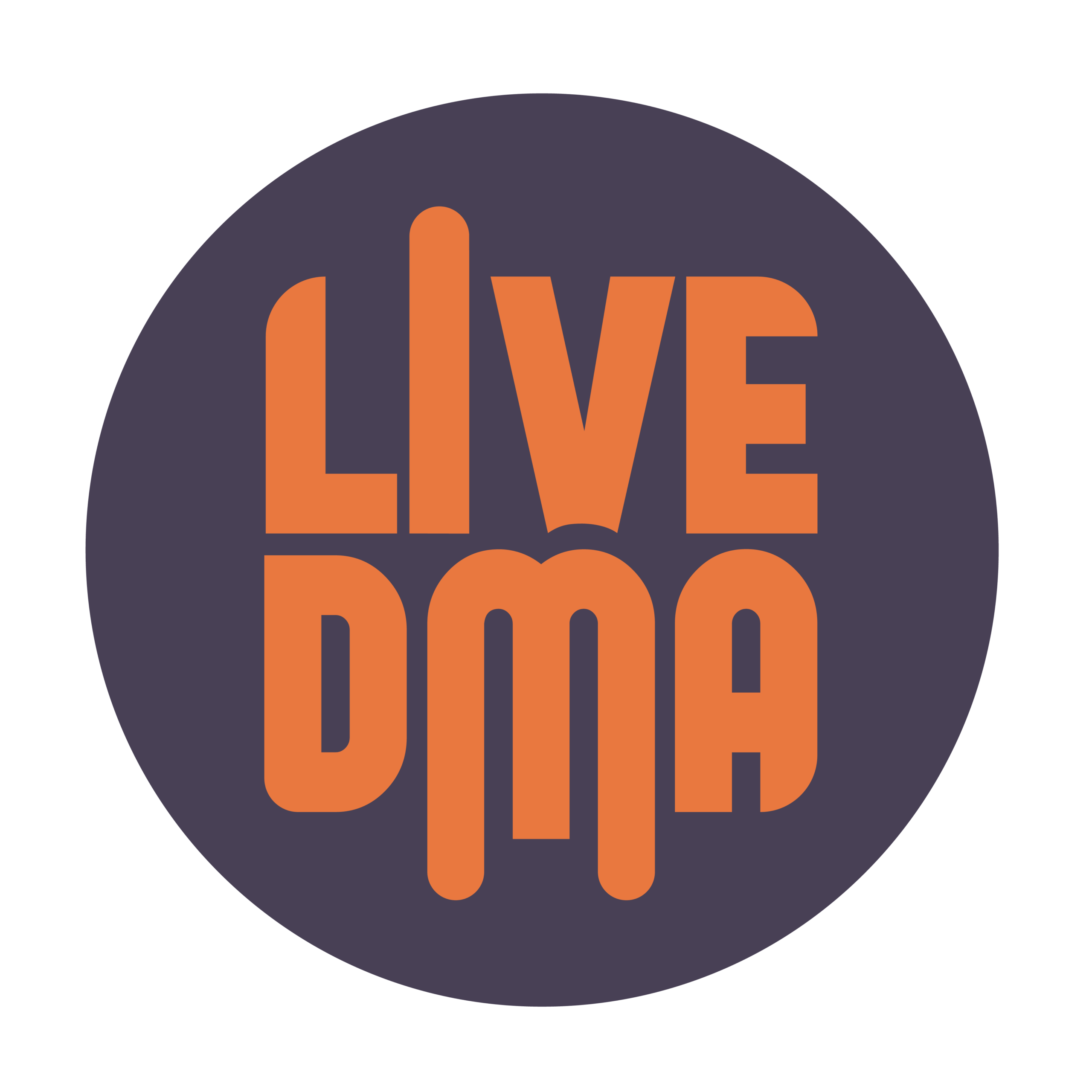The Report “Living Together: Fostering Cultural Pluralism Through the Arts” was published in July 2018 by the Istanbul Foundation for Culture and Arts. This study report is co-authored by Dr. Feyzi Baban from Trent Univeristy (Canada) and Dr. Kim Rygiel from Wilfrid Laurier University (Canada).
The main focus of this report lies on the role of culture and the arts in regards of the question of integrating newcomers in a city, region, or country. It especially looks at alternative forms of living together in societies that are increasingly diverse and pluralistic. After a summary of academic reviews and discussions on the topic, the report showcases best practice examples. It surveys and evaluates creative initiatives that work towards fostering cultural pluralism through culture and the arts.
The Istanbul Foundation for Culture and Arts has been regularly conducting research and publishing reports since 2011 with the aim of playing an active role in the formation of cultural policies and compile data in the field.
[button url=”http://www.iksv.org/en/reports/living-together-fostering-cultural-pluralism-through-the-arts” target=”_blank »]IKSV CULTURAL POLICY STUDIES[/button]
Key findings of Living Together: Fostering Cultural Pluralism Through the Arts
1 | Understanding the current challenge of living in culturally diverse societies
Given [the] complex reality today of people on the move and living outside of their countries of birth, learning to live with difference in diverse societies is one of the most pressing policy challenges of the twenty-first century.
2 | Assimilation and multiculturalism – two common policy approaches for living together
Under assimilationist policy, governments demand that newcomers give up other cultural affiliations in order to better integrate within the host society. Multicultural policies, on the other hand, encourage further pluralisation by recognising the unique identities of different groups and communities. Yet they do so in ways that risk segregating these new communities.
3 | Radical cosmopolitanism as an alternative approach towards living together
Radical cosmopolitanism is based on emphasising the rationality of human beings and their capacity to transform one another through interaction. […] Living together does not privilege citizen over non-citizen groups nor the host’s culture over that of the guest’s culture.
Rejecting the hierarchical placement of groups and identities, radical cosmopolitanism encourages pluralism by fostering a deeper understanding of the cultures informing various identity positions and by promoting interactions between them towards an ever-evolving understanding of community.
Rather than locating cosmopolitanism within institutions and organisations, radical cosmopolitanism focuses on everyday political interventions of marginalised populations in order to reconstruct cosmopolitanism from the margins.
4 | Culture and the arts can play an important role in fostering radical cosmopolitanism and the inclusion of newcomers such as refugees and immigrants
[Culture and the arts] are a means of dealing with the emotional aspects of individuals and groups. […] It is also by appealing to this emotional aspect that the arts become a tool for educating the broader public towards understanding newcomers and thereby generating greater social cohesion.
The capacity of the arts to foster civic education and self-representation […] may challenge and open up greater public space for inclusion of the marginalised.
[Cultural] projects are important because they enable moments of social relationships, based not on erasing differences, but rather on establishing human connection informed by seeing/acknowledging/learning about different positionalities of people through their shared lived experiences.
Through the arts and other forms of cultural production we can have the face-to-face exchange necessary to better understand (and then move) the processes of inclusion and exclusion that have determined who belongs and does not belong to the community.
Disclaimer: The information and pictures used in this post are drawn from the report Living Together: Fostering Cultural Pluralism Through Culture and the Arts. This post intends to inform about the study report and share the findings.

